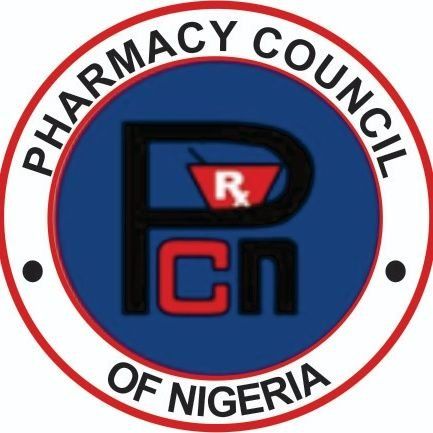Copyright newtelegraphng

A total of 471 pharmaceutical and patent medicine outlets have been sealed in parts of Edo State by the Pharmacy Council of Nigeria (PCN) for various breaches of pharmaceutical regulations. The action was taken following a week-long enforcement exercise by the council in Edo South Senatorial District as part of efforts to strengthen regulatory compliance and in commemoration of World Pharmacists Day. Speaking at a press briefing in Benin City, PCN Registrar, Ibrahim Babashehu Ahmed, represented by the Head of Enforcement, Dr Suleiman Chiroma, said the council remains committed to enforcing its core mandates—Practice, Premises, and Personnel—in order to sanitise pharmaceutical operations in the country. According to him, the enforcement exercise covered five local government areas—Oredo, Ikpoba-Okha, Ovia North-East, Egor, and Uhunmwonde. “A total of 743 premises, comprising 196 pharmacies and 547 patent medicine stores, were inspected. One individual was arrested for obstructing PCN inspectors in the discharge of their duties,” he said. He further explained that “consequently, a total of 471 premises were sealed for contravening relevant regulations, including 77 pharmacies, 174 patent medicine stores, and 220 unlicensed shops. Furthermore, four premises were served with compliance directives, necessitating corrective actions to address identified non-compliances.” Dr Chiroma noted that the sealed premises were involved in multiple regulatory infractions, ranging from operating without licenses, failure to renew premises registration, and engaging in unauthorised clinical practices, to handling controlled substances without approval and stockpiling drugs beyond legally permitted limits. Other violations included improper training of apprentices and wholesalers conducting retail operations in direct violation of their license terms. “The enforcement of the National Drug Distribution Guidelines is a statutory responsibility entrusted to the Pharmacy Council of Nigeria, aimed at ensuring the availability of safe and efficacious medicines nationwide,” he stated. Highlighting the broader challenges facing the pharmaceutical landscape in Nigeria, he said: “The pharmaceutical sector in Nigeria has been bedevilled by numerous challenges, including chaotic drug distribution networks, proliferation of unlicensed and illegal pharmaceutical premises, and unauthorised handling of medicinal products, thereby necessitating stringent regulatory measures.” Chiroma emphasised that the PCN’s focus remains on ensuring adherence to professional standards, maintaining controlled environments for medicine storage, and verifying that all personnel involved in pharmaceutical practice meet the necessary competency levels. He urged residents of Edo State and Nigerians generally to be vigilant when purchasing medicines and only patronise licensed and qualified outlets to avoid health risks. “The Pharmacy Council of Nigeria (PCN) advises the people in Edo State and beyond to exercise caution when sourcing medicines, ensuring they patronise licensed and qualified premises to avoid potential health risks,” he added.



